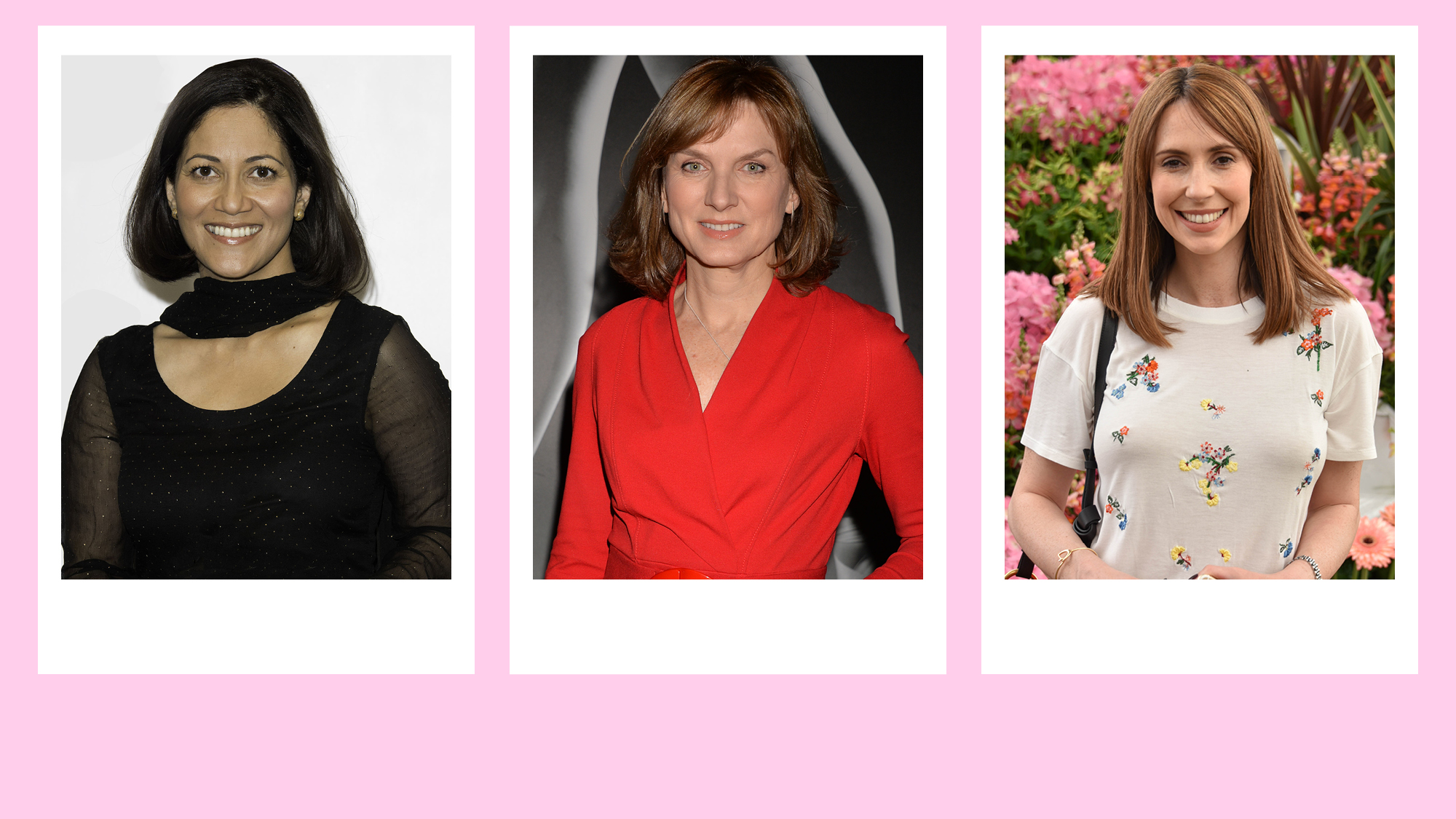Female BBC presenters are demanding immediate action on the gender pay gap
‘This is an opportunity for those of us with strong and loud voices to use them on behalf of all’


Celebrity news, beauty, fashion advice, and fascinating features, delivered straight to your inbox!
You are now subscribed
Your newsletter sign-up was successful
‘This is an opportunity for those of us with strong and loud voices to use them on behalf of all’
Last week the BBC was forced to release its annual report showing how much its stars are actually paid, and the truth about the BBC's top earners was eye opening.
All of the 96 presenters, actors and entertainers on the list earn over £150,000 but the biggest controversy to come out of the revelation was the huge gender pay gap, with figures showing that men make up two thirds of the highest paid talent. In fact, according to the statistics the top four male BBC presenters collectively earn £5.5 million a year whilst the top four female BBC presenters collectively earn £1.7 million.
BBC Director General Tony Hall was one of the first to admit that there was a need for change, especially after Mishal Husain grilled the boss on the gender pay gap in a TV interview. ‘We’ve set a clear target for 2020,’ he explained. ‘We want all our lead and presenting roles to be equally divided between men and women.’

BBC’s high profile female presenters however are having none of it, with forty of them signing an open letter to Tony Hall, pushing for immediate change, rather than waiting until 2020. Among those who signed the letter were sports reporter Clare Balding, Wimbledon presenter Sue Barker, One Show host Alex Jones, Newsnight presenter Emily Maitlis, and Fiona Bruce from the Antiques Roadshow.
‘The pay details released in the Annual report showed what many of us have suspected for many years...that women at the BBC are being paid less than men for the same work,’ the letter read. ‘Compared to many women and men, we are very well compensated and fortunate. However, this is an age of equality and the BBC is an organisation that prides itself on its values.’
The letter continued: ‘You have said that you will “sort” the gender pay gap by 2020, but the BBC has known about the pay disparity for years. Beyond the list, there are so many other areas including production, engineering and support services and global, regional and local media where a pay gap has languished for too long.’
Celebrity news, beauty, fashion advice, and fascinating features, delivered straight to your inbox!
‘This is an opportunity for those of us with strong and loud voices to use them on behalf of all, and for an organisation that had to be pushed into transparency to do the right thing,’ the letter concluded. ‘We would be willing to meet you to discuss ways in which you can correct this disparity so that future generations of women do not face this kind of discrimination.’

Jenny Proudfoot is an award-winning journalist, specialising in lifestyle, culture, entertainment, international development and politics. After working at Marie Claire UK for seven years - rising from intern to Features Editor - she is now a freelance contributor to the News and Features section.
In 2021, Jenny was named as a winner on the PPA's '30 under 30' list, and was also listed as a rising star in journalism.